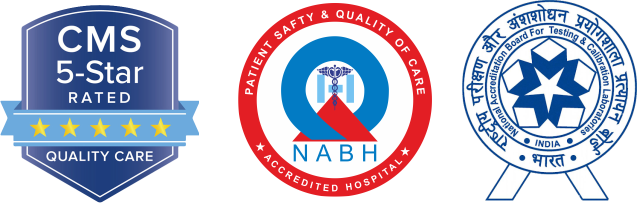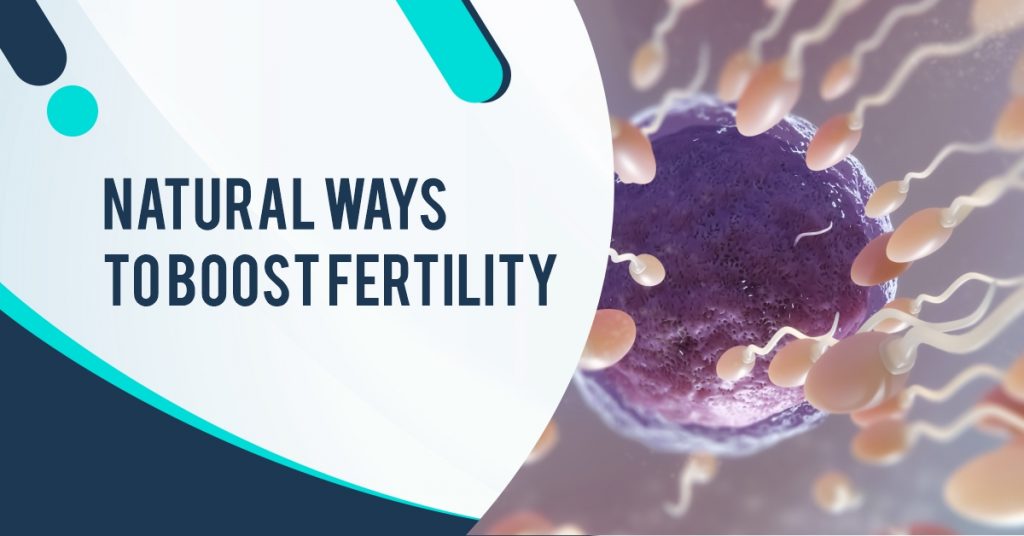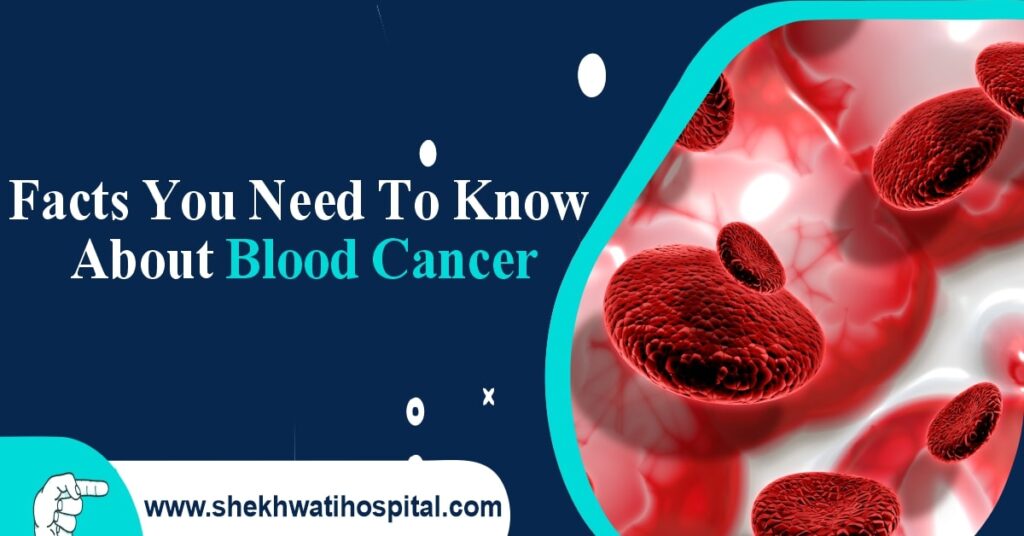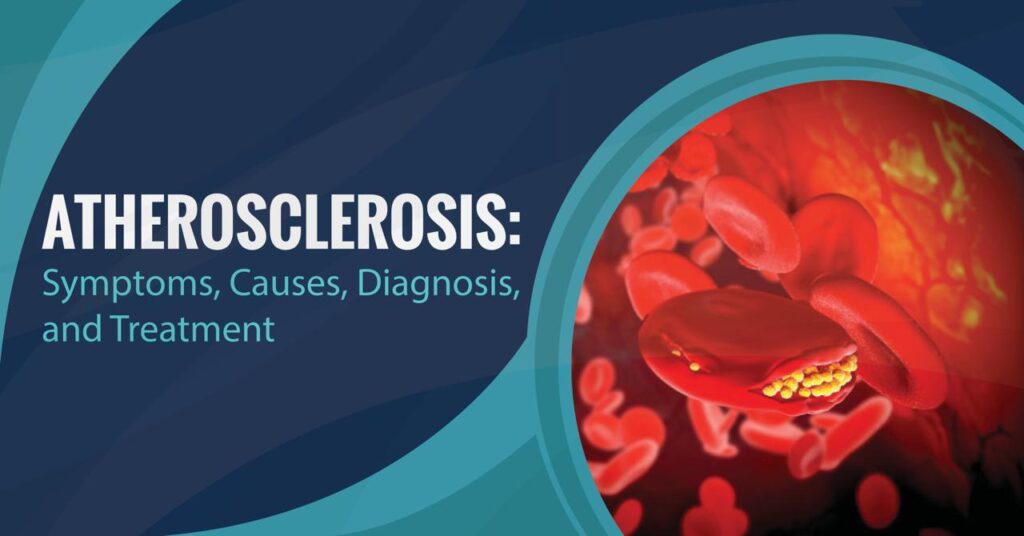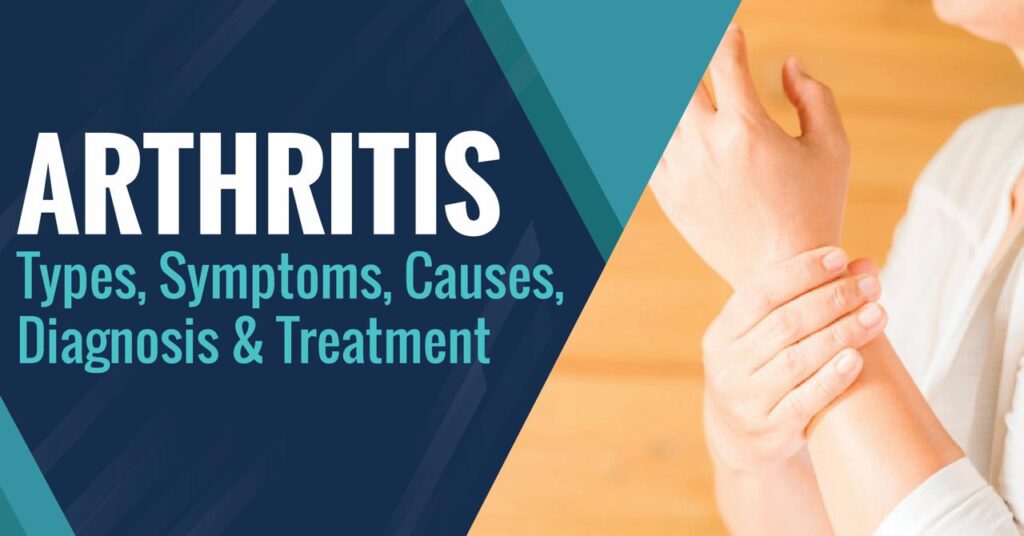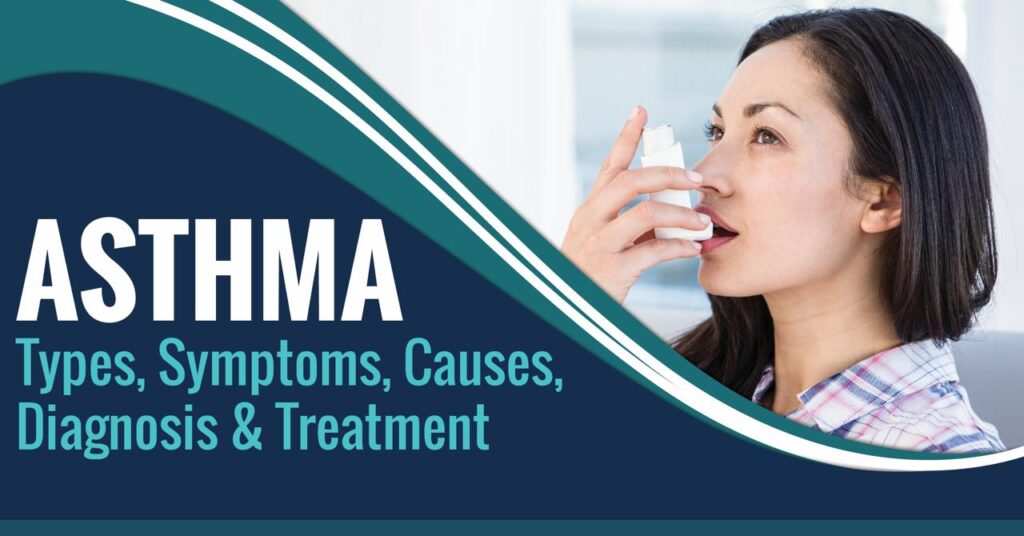What is Fertility?
The ability to conceive a child is defined as fertility. But not everyone is naturally fertile. One in ten couples will face infertility — the inability to conceive naturally after unprotected sexual activity for one year.
A woman’s health is not the only factor affecting fertility. The infertility problem can affect both men and women, and both can take steps to increase their fertility.
Sign of Fertility problems:
An infertility problem is usually discovered after a couple has unsuccessfully tried to conceive for a year. Infertility is often caused by “silent” causes and does not show obvious symptoms. There are, however, some signs that may signal you to call your doctor if you are experiencing fertility issues:
- It has been six months since you tried to become pregnant.
- A year has passed since your last unprotected sexual encounter without getting pregnant.
- Several consecutive pregnancies have failed.
- There is a possibility of infertility if you have risk factors.
A fertility problem is most commonly characterized by the following symptoms:
- Menstrual irregularities
- Heavily bleeding or cramping for no apparent reason
- Menstrual bleeding or heavy periods that are unusual
- When you have a sexual encounter, you may experience pelvic pain
- Having a problem with erectile dysfunction or low libido
Natural ways to boost fertility:
Eat a Bigger Breakfast:
- Women with fertility problems may benefit from eating a substantial breakfast.
- Study findings suggest that eating a larger breakfast can help control the effects of polycystic ovary syndrome (PCOS), a major cause of infertility.
- Normal-weight women with PCOS who ate most of their calories at breakfast had 8% lower insulin levels and 50% lower testosterone levels. A high level of either may impede conception.
- Moreover, these women ovulated 30% more frequently than women who ate a smaller breakfast than their dinners, indicating improved fertility.
- A substantial increase in the size of your breakfast without a decrease in the size of your evening meal is likely to result in weight gain.
Stop Smoking:
- By quitting smoking, you will improve your chances of getting pregnant even more. Smoking accelerates your fertility age by 10 years, so at 25, you will have the fertility age of a 35-year-old.
Eat Antioxidant-rich Foods:
- Women and men can benefit from eating foods rich in antioxidants. Free radicals are known to damage egg cells and sperm in the body, and antioxidants help prevent that from happening. You might want to include more fruits, vegetables, grains, and nuts that are naturally loaded with antioxidants, including vitamins E and C, beta-carotene, lutein, and folate, to boost your fertility naturally.
You can also read: ENCEPHALOPATHY: TYPES, CAUSES, SYMPTOMS, DIAGNOSIS & TREATMENT
Avoid Trans Fats:
- Fertility can be boosted by eating healthy fats every day.
- Due to their negative effects on insulin sensitivity, trans fats are associated with an increased risk of ovarian infertility.
- Trans fats are commonly found in processed foods, fried foods, and baked goods. They can also be found in some hydrogenated vegetable oils.
- According to a large observational study, women with infertility had diets high in trans fats and low in unsaturated fats.
- Infertility may be increased by 31% if you choose trans fat over monounsaturated fats.
- The risk of this disease increases by 73% when trans fats are consumed instead of carbs.
Book a reflexology session:
- Consider relaxation techniques, such as reflexology, if you are looking for ways to increase fertility.
- There are specific areas on your hands and feet that correspond to specific organs in your body, according to reflexology. It may be possible to stimulate the energy flow to those organs by pressing on those points.
- A regular massage or reflexology session is a good way to relax. Both men and women find relaxation beneficial for regulating hormones and ovulating regularly, which is a major factor in infertility.
Avoid Excess Alcohol:
- Fertility can be negatively affected by alcohol consumption. The amount of alcohol that will cause this effect is unclear, however.
- Drinking more than eight drinks per week increases the time it takes to get pregnant, according to a large observational study.
- 7393 women in another study found high alcohol consumption to be associated with more infertility tests.
- Alcohol consumption is associated with mixed results, however.
- Other studies have found that moderate consumption of alcohol affects fertility, but one study found no link between moderate consumption and infertility.
- 430 couples in one study reported having fewer than five alcoholic drinks each week was associated with decreased fertility.
Choose High-Fat Diary:
- The association between high-fat dairy and fertility has been demonstrated in more than one study. Women who consume one or two servings of high-fat dairy products are more likely to become pregnant than those who consume low-fat dairy products.
- A high intake of low-fat dairy foods may be associated with infertility, while high-fat dairy foods may reduce it.
- Women who consumed at least one serving of high-fat dairy per day were 27% less likely to become infertile.
- A glass of whole milk could replace one serving of low-fat dairy per day.
Increase Your Iron Intake:
- The use of plant-based foods and iron supplements may reduce the risk of ovulatory infertility.
- There is evidence that iron supplements reduce ovulatory infertility risks by 40% in women who participated in an observational study of 438 women.
- Infertility risk was also reduced with non-heme iron. Fertility levels were not affected by heme iron from animal sources.
- However, further research is needed to determine whether iron supplements should be recommended to all women, especially if their iron levels are already normal.
- If you are iron deficient, you may benefit from consuming more iron-rich foods.
- To increase absorption, you should take non-heme iron sources with foods or drinks high in vitamin C.
Cut Down on Caffeine Sources:
- Cutting down on caffeine sources daily is one of the well-known herbal remedies for ovulation. Women who drink a lot of coffee are less likely to conceive. Caffeine has also been found to increase the risk of miscarriage. You don’t have to stop drinking coffee completely if you are a coffee drinker, but you should limit your caffeine intake.
- According to one study, women who consume more than 500 mg of caffeine daily take an average of 9.5 months longer to become pregnant.
Keep your vagina chemical-free:
- Vaginal sprays and scented tampons may cause you to have a pH imbalance if they have scents. Similarly, artificial lubricants, arousal oils, and douches should also be avoided since they change the normal pH of the vagina, can cause pelvic inflammation, and can affect the cervical mucus that carries sperm.
- It is important to just let it be during each cycle because the pH of the vagina changes naturally from inhospitable to hospitable for sperm. This can be disrupted unnecessarily by vaginal douching and baths.
Use a basal thermometer:
- You can track your fertile days with a basal thermometer. When you wake up, your basal body temperature rises as a result of the hormonal changes that occur during ovulation.
- Ovulation thermometer such as the Beurer Ovulation Thermometer lets you monitor the smallest basal temperature changes in your body, letting you know when you are ovulating and therefore most fertile. Despite being inexpensive, easy to use, and beneficial for natural family planning, sensitive thermometers are not always the best predictor of ovulation if you experience irregular periods.
You can also Read:- ECHOCARDIOGRAM: WHAT IS IT, TYPES, PREPARATION, AND RESULTS
Get Physically Active:
- Increased fertility is one of the benefits of exercise for your health.
- Researchers have linked sedentary lifestyles to an increased risk of infertility.
- According to the Nurses’ Health Study II, every hour of exercise per week was associated with a 5% lower risk of infertility.
- The combination of physical activity and weight loss had a positive effect on fertility in obese women.
- Moderation is crucial, however.
- Overexertion may negatively impact the reproductive system and change the energy balance in the body.
- Women who exercise intensely every day are at a 3.2 times greater risk of infertility than inactive women, according to an observational study.
Try Multivitamin:
- Taking multivitamins may reduce the likelihood of women experiencing infertility during ovulation.
- If women take three or more multivitamins per week, they may avoid 20% of ovulatory infertility.
- One study showed that taking multivitamins lowered the risk of infertility by up to 41%. When trying to conceive, women may benefit from a multivitamin that contains folate.
- Additionally, a study found that a dietary supplement that included chaste berries, green tea, vitamin E, and vitamin B6, improved chances of conception.
- In comparison to women who did not take the supplement, 26% became pregnant after three months.
Conclusion:
Infertility isn’t easy to deal with. It’s normal to feel stressed if you don’t get pregnant as quickly as you anticipated. Women who experience infertility have been found to experience similar levels of psychological stress as those who experience cancer, HIV, and chronic pain.
You should instead opt for natural ways to become more fertile and have a healthy baby rather than go through these stressful conditions. Get appropriate knowledge and get in touch with doctors if needed.

